CBS News
Republicans head into final week with lead in seats, voters feel things are “out of control” — CBS News Battleground Tracker poll
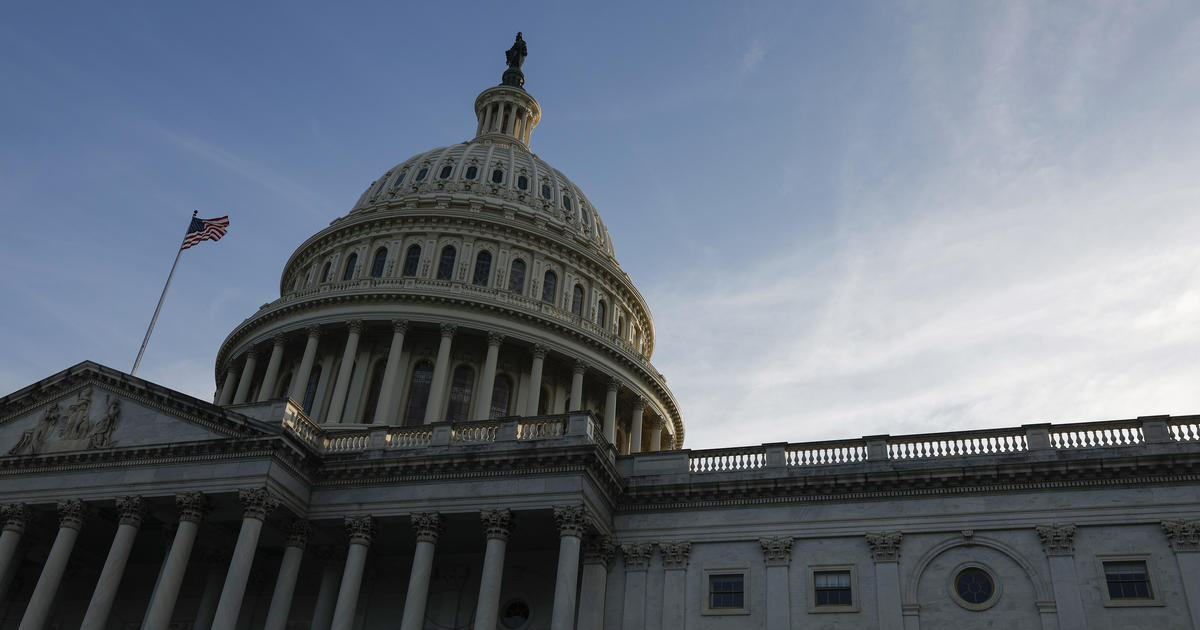
The election is already underway; millions have voted, and tens of millions more will before Nov. 8. Amid that, eight in 10 likely voters describe things in the country today as “out of control,” as opposed to “under control.”
That doesn’t bode well for the party in power: Republicans are winning those who say “out of control” right now by more than 20 points, though they’re often the ones feeling that way to begin with.
So where do things stand?
Republicans today remain in good position to win a majority of seats in the House. However, voters’ current intentions suggest anything from a sizable GOP majority to a bare Democratic one possible. Our latest model indicates a range of possibilities, which you can explore using the interactive tool below.
In our baseline model, Republicans lead in 228 seats. It represents a slight shift their way from a few weeks ago, with the party recapturing some of the leads that slipped from them in the summer.
That would constitute a 15-seat gain — lower than average for a party challenging a first-term president in recent history. At that level, the majority line is just on the lower edge of the margin of error for our model.
If you’re watching on election night, this scenario may not be clear right away, depending on which particular seats flip. (Seven in 10 voters do expect it to take at least a few days — maybe more than a week — to know all the results.)
So what, politically, does the scenario look like in which Democrats manage to hold the House? We ran our estimates through a turnout model in which younger voters turn out in much higher numbers than our baseline model indicates, bailing Democrats out late in the game. This would run counter to what we’ve seen in recent weeks, both from what young voters tell us in surveys and from early ballot returns, but it isn’t impossible.
It’s more akin to what happened four years ago, with voters under 45 and people of color voting in droves. Since they are heavily Democratic groups, matching 2018’s record setting turnout would stem Republican gains, turning House control into a toss-up around 218 seats. Were this scenario to materialize, it would take days or weeks into November for a handful of close races to settle and reveal the new balance of power.
Then there’s a big-Republican-turnout scenario, which builds off the trend that we have been seeing: both parties motivated, but Republicans even more so. Specifically, there’s a path to a further uptick driven by an Election-Day turnout surge among White voters without college degrees — a group that showed up for Donald Trump in large numbers.
Specifically, we estimate what would happen if this group constituted 45% of the electorate, while White voters with college degrees and Latino voters made up just under three in 10 and one in 10 voters, respectively. The older, Whiter electorate that results would flip even more Democratic seats, pushing the GOP total to about 238. This scenario, if it emerges, would likely be visible earlier on election night.
What’s at stake in this election?
With the economy and country’s direction so widely seen as bad, recent history would suggest a large midterm loss for the governing party. But then these aren’t typical times for the nation. And when it comes to what’s at stake this year, there are dramatic differences between parties.
We asked simply what concerns you more: whether the U.S. will have a strong economy, or have a functioning democracy.
The nation is closely split. That doesn’t mean people don’t want both. But those more concerned about democracy are backing Democrats, and Republicans draw most of those more concerned about a strong economy, echoing the messages of the parties’ campaigns.
Tension at the polling place?
Even as they lead this contest, we see the sentiments driven by the ongoing Republican suspicion of the voting process since 2020.
A big majority of Republicans support the idea of private citizens challenging elections officials as they process and report vote counts on election night.
And two-thirds favor the idea of private citizens patrolling ballot drop-boxes and polling places. They’re alone among partisans in that — independents and Democrats are opposed.
Republicans do appear to be succeeding on some of their other campaign themes and messages.
Who’s winning the message war? What campaign messages have stuck – for better or worse?
Here’s what voters think would happen, depending on who wins. There are some Republican messages that appear to have taken hold, reflecting their advantage.
Crime
After the economy and inflation, crime is the issue ranked next most important by likely voters. Republicans hold a double-digit lead over Democrats on whose policies would make you safer from crime — in large part because of how those Republican-voting people perceive Democrats’ approach to police funding and criminal justice. Just over half of voters think Democrats would cut police funding.
Immigration and the border
Republican messaging on immigration is resonating with some voters. By three to one, voters think Democrats put the interests of recent immigrants first rather than prioritizing the interests of current U.S. citizens, among those who think the party takes a side between the two. And a majority think the Democrats would “open the U.S. Mexico border.” Those holding this view are voting Republican in big numbers.
Democracy
Democrats have raised the issue of threats to democracy, including “election denialism.” How much does this matter?
As has long been the case, it speaks to those already inclined to vote for Democrats — for them, a “MAGA” label on a candidate is a big negative — but there’s less evidence it’s moving, or disqualifying, those inclined to vote Republican.
On balance, a candidate saying they support the events of Jan. 6, 2021, and claiming that President Biden did not legitimately win the 2020 presidential election are net negatives among likely midterm voters overall.
But this isn’t the case for those backing Republican candidates. Most don’t care if a candidate supports the events of Jan 6, and four in 10 would be less likely to vote for a candidate who actively criticizes them.
As for “election denialism,” most Republican candidates either don’t care or see it as a positive, and three in 10 are voting for Republican candidates with the expectation that Republicans will try to overturn Democratic wins in the midterm election if they have control of Congress.
If Republicans do win, one of the things most voters expect is that a GOP-controlled Congress would try to impeach Mr. Biden. Majorities of those backing Republican and Democratic candidates expect Republicans to attempt that.
Schools
Republicans in their campaign have talked a lot about what’s taught — or not — in schools.
Parents are concerned about a lot of things in schools, so tapping into those feelings may have some impact. It’s not just what’s taught, though — large majorities of parents voice concern about school shootings, bullying, and student learning declines during the pandemic.
A large majority of Republican parents, in particular, voice concern about classes discussing issues of sexuality and gender. They aren’t alone in this though, as most parents overall voice this, too, including almost half of Democrats.
Abortion — is it enough for Democrats?
The issue of abortion has helped keep Democrats in this race, but the percentage who call abortion very important has not substantially changed, nor have the ranks of those we’ve identified as “Restoring Roe” voters — women who prioritize abortion rights being protected and would only vote for candidates who agree with them on this issue.
Voters do expect federal action on abortion, regardless of which party wins control of Congress. Eighty-four percent of likely voters think Democrats would try to pass a national right to abortion if they keep control of Congress. (Democrats do win the voters who want abortion to be legal.) A smaller majority think Republicans will try to pass a national abortion ban.
Social Security
Democratic campaigns have been attacking Republicans on Social Security, but that looks to be yielding mixed results. A slight majority think Democrats would increase Social Security benefits – Democrats win most of these voters. However, most voters do not think Republicans would cut Social Security.
Gas prices
A big majority of voters think Republicans would increase U.S. energy production if they win, and they are winning these voters.
Voters, on balance, tend to think gas prices will go up, rather than down, if Democrats stay in control of Congress, and down, rather than up, if Republicans win it.
And those who blame Mr. Biden and the Democrats for gas prices are voting overwhelmingly for Republicans.
How the economy impacts the race, and do Republicans need a plan?
Republicans have been focusing on issues like the economy and inflation — which remain voters’ top priorities — and the party holds a 6-point edge among likely voters on whose economic policies would help you more.
This is the case even though Republicans are seen as helping the wealthy more than the middle class by three to one.
A majority think Mr. Biden and the Democrats should get blame for the economy. Most who think so are voting Republican, and holding the party in power accountable may be enough, as they are backing Republicans, regardless of whether or not they think the GOP has a plan for what they would do, should they win control of Congress.
More than half of independents place blame on Mr. Biden for issues like gas prices, crime and immigration, and those who do are backing Republicans for Congress.
Biden is hitting the campaign trail — can he motivate Democrats?
His sway may be going in reverse. Fewer Democratic voters now say their vote is in support of Mr. Biden, than did two weeks ago. And the Democratic voters who say they are casting a ballot to support the president are not any more likely to say they’ll turnout than those who say their vote isn’t about him.
What about Trump?
Former President Donald Trump remains a net negative among voters overall, as does the current president. Those backing Republicans are far more likely to say their vote is about Mr. Biden than about Trump. Trump is more of a positive motivating factor for those who consider themselves part of the MAGA movement.
Historically, what political observers might call “fundamentals” — the perception of things in the country, the economy — steer an election like this away from the party in power. But then again, these times are unlike the era that informed so many of those ideas.
This CBS News/YouGov Battleground Tracker survey was conducted with a nationally representative sample of 2,119 registered voters interviewed between October 26-28, 2022. The sample was weighted according to gender, age, race, and education based on the U.S. Census American Community Survey and Current Population Survey, as well as to 2020 presidential vote. The margin of error is ±2.4 points. The House seats estimates are based on a multilevel regression and post-stratification model incorporating voter responses to this survey. Each party’s seat estimate has a margin of error of ±12 seats.
CBS News
Capturing Moriah Wilson’s Killer – CBS News

Watch CBS News
Be the first to know
Get browser notifications for breaking news, live events, and exclusive reporting.
CBS News
How to watch the Minnesota Vikings vs. Chicago Bears NFL game today: Livestream options, more

Getty Images
The Minnesota Vikings will take on the Chicago Bears today. The Vikings are currently 8-2, an impressive run so far this season, and will be looking to add a fourth win to their current streak after last Sunday’s 23-13 win against the Tennessee Titans. The Bears, on the other hand, are entering this game on the heels of a four-game losing streak after a tough 20-19 loss against the Green Bay Packers last Sunday.
Here’s how and when you can watch the Vikings vs. Bears game today, whether or not you have cable.
How and when to watch the Minnesota Vikings vs. Chicago Bears
The Vikings vs. Bears game will be played on Sunday, November 24, 2024 at 1:00 p.m. ET (11:00 a.m. PT). The game will air on Fox and stream on Fubo and the platforms featured below.
How and when to watch the Minnesota Vikings vs. Chicago Bears game without cable
You can watch this week’s NFL game on Fox via several streaming services. All you need is an internet connection and one of the top options outlined below.
Fubo offers you an easy, user-friendly way to watch NFL games on CBS, Fox, NBC, ABC, ESPN, and NFL Network, plus NCAA football channels. The Pro tier includes 200+ channels and unlimited DVR, while the Elite with Sports Plus tier adds NFL RedZone and 4K resolution. New subscribers get a seven-day free trial and all plans allow streaming on up to 10 screens simultaneously.
You can watch today’s game with a subscription to Sling’s Orange + Blue tier, which includes ESPN, ABC, NBC, and Fox. The plan offers 46 channels with local NFL games, nationally broadcast games and 50 hours of DVR storage. For complete NFL coverage, add Paramount+ to get CBS games, or upgrade with the Sports Extra add-on for additional sports channels like Golf Channel, NBA TV and NFL RedZone.
Watching NFL games, including Fox broadcasts, is simple with Hulu + Live TV, which includes 90 channels, unlimited DVR storage, and access to NFL preseason games, live regular season games and studio shows. The service includes ESPN+ and Disney+ in the subscription.
Want to watch today’s game live on your smartphone? If so, NFL+ streaming service is the solution you’re looking for. It lets you watch NFL Network and out-of-market games on mobile devices, with an upgrade option to NFL+ Premium that includes NFL RedZone for watching up to eight games simultaneously. Note that NFL+ only works on phones and tablets, not TVs.
CBS News
How to watch the Detroit Lions vs. Indianapolis Colts NFL game today: Livestream options, more

Nic Antaya/Getty Images
The Detroit Lions will face off against the Indianapolis Colts today. The Lions enter this game as top contenders with a near-perfect record of 9-1 so far this season. The Colts, who are 5-6 this season, could have a tough game on their hands against the Lions but will be looking to rack up another win after prevailing over the New York Jets in a tight game last Sunday.
Here’s how and when you can watch the Colts vs. Lions game today, whether or not you have cable.
Here’s how and when to watch the Detroit Lions vs. Indianapolis Colts
The Lions vs. Colts game will be played on Sunday, November 24, 2024 at 1:00 p.m. ET (11:00 a.m. PT). The game will air on Fox and stream on Fubo and the platforms featured below.
How and when to watch the Detroit Lions vs. Indianapolis Colts game without cable
You can watch this week’s NFL game on Fox via several streaming services. All you need is an internet connection and one of the top options outlined below.
Experience NFL action like never before with Fubo’s comprehensive sports streaming platform. From Sunday showdowns to primetime matchups, catch every NFL game across major networks including CBS, Fox, NBC, ABC, ESPN and NFL Network. Choose the Pro package to unlock 200+ channels and limitless DVR storage, or elevate your game-day experience with the Elite with Sports Plus package, featuring NFL RedZone’s commercial-free scoring highlights and stunning 4K quality.
Test drive the service with a no-commitment seven-day free trial, and share the excitement with family and friends — Fubo supports simultaneous streaming on up to 10 devices, so everyone can watch their favorite teams.
You can watch today’s game with a subscription to Sling’s Orange + Blue tier, which includes ESPN, ABC, NBC, and Fox. The plan offers 46 channels with local NFL games, nationally broadcast games, and 50 hours of DVR storage. For complete NFL coverage, add Paramount+ to get CBS games, or upgrade with the Sports Extra add-on for additional sports channels like Golf Channel, NBA TV and NFL RedZone.
Watching NFL games, including Fox broadcasts, is simple with Hulu + Live TV, which includes 90 channels, unlimited DVR storage, and access to NFL preseason games, live regular season games and studio shows. The service includes ESPN+ and Disney+ in the subscription.
Want to watch today’s game live on your smartphone? If so, NFL+ streaming service is the solution you’re looking for. It lets you watch NFL Network and out-of-market games on mobile devices, with an upgrade option to NFL+ Premium that includes NFL RedZone for watching up to eight games simultaneously. Note that NFL+ only works on phones and tablets, not TVs.


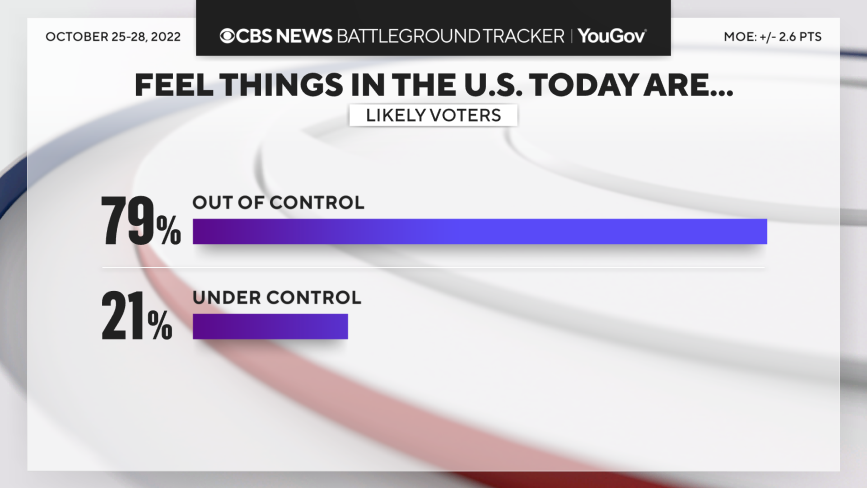
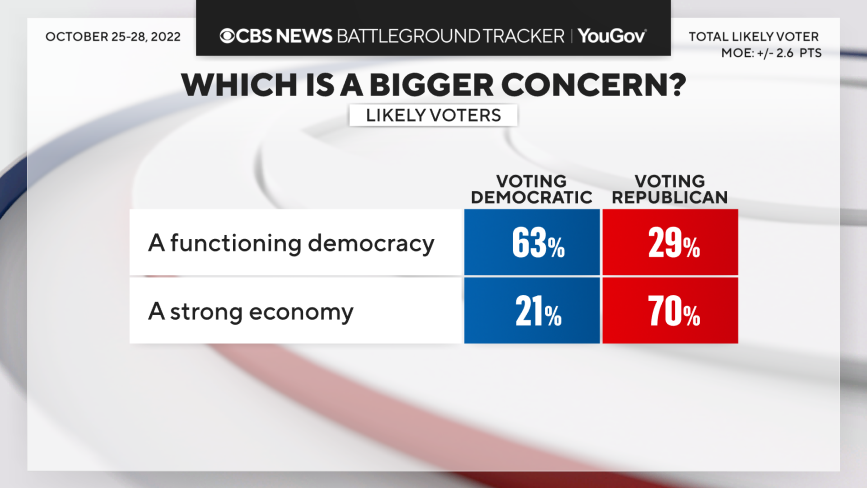
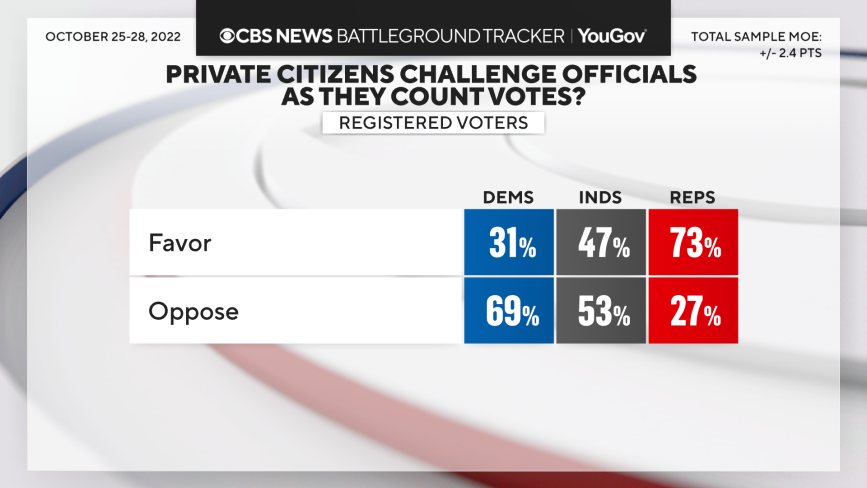
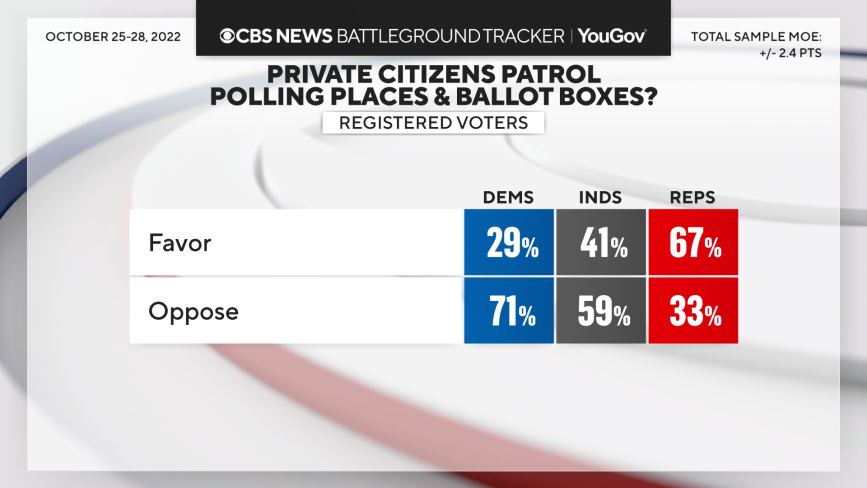
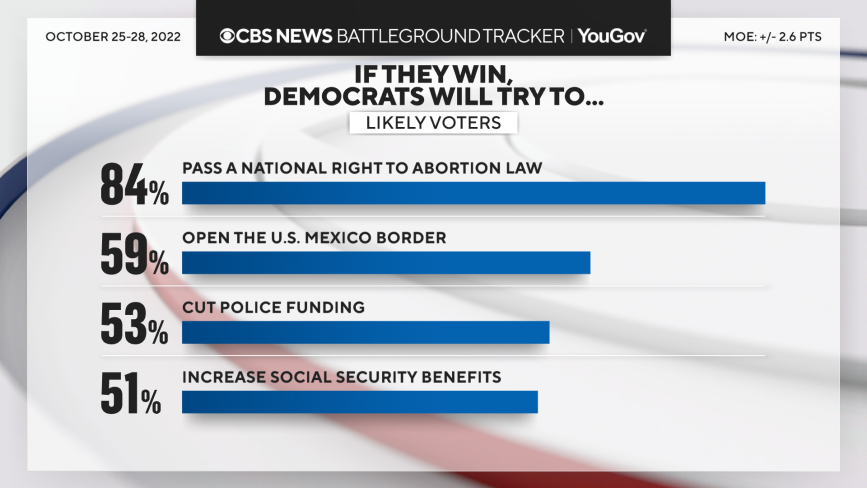
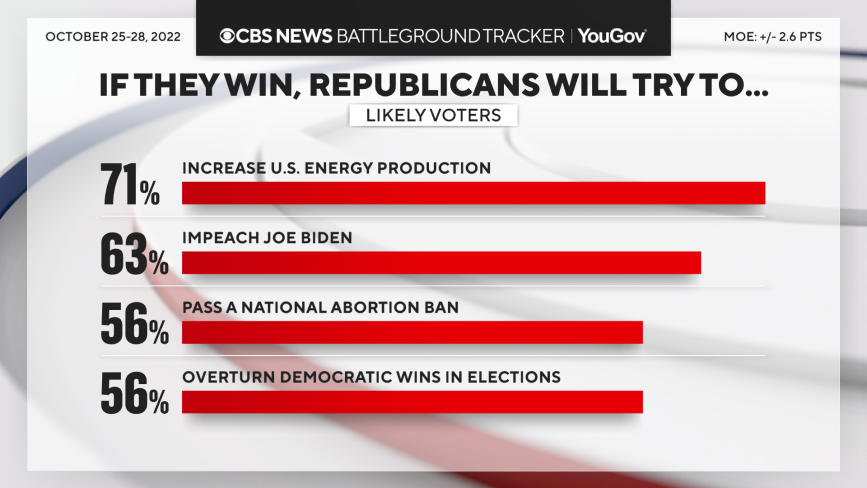
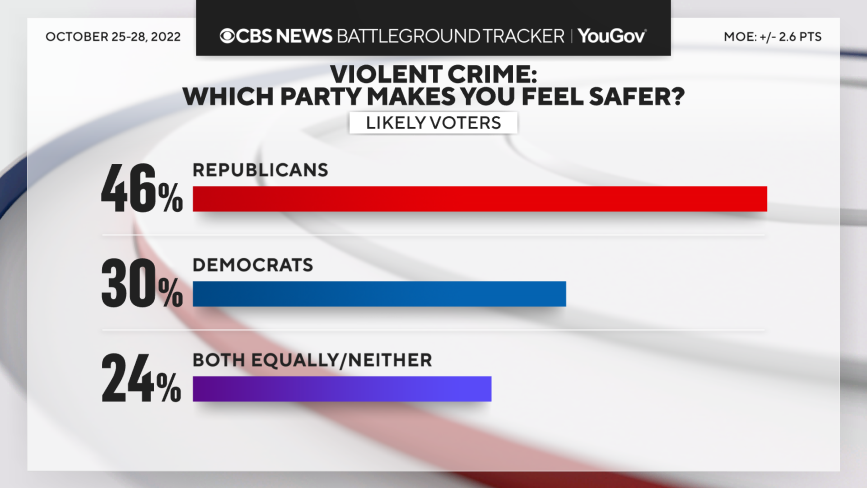
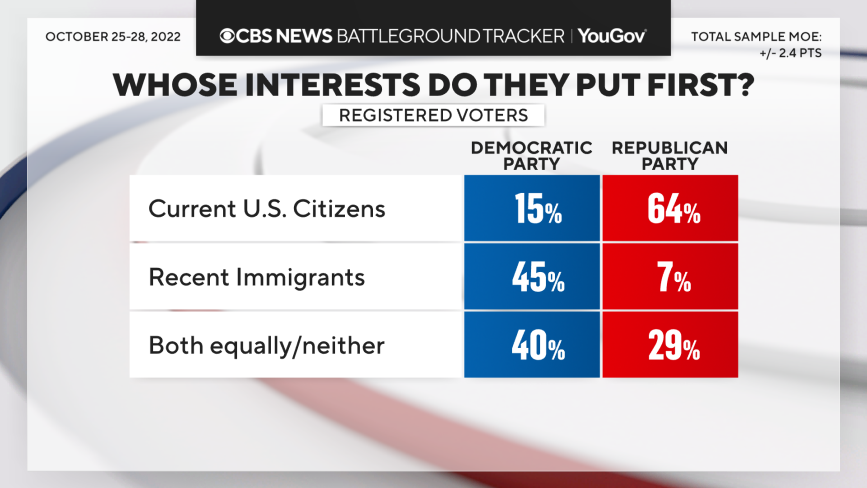
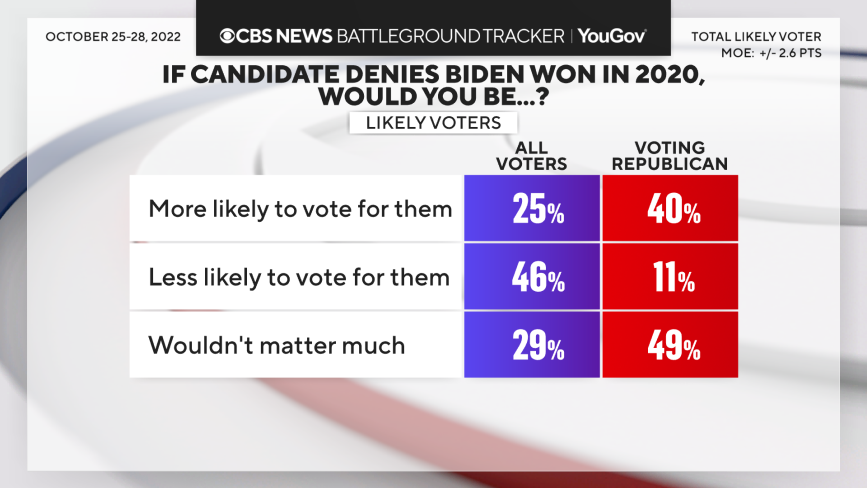
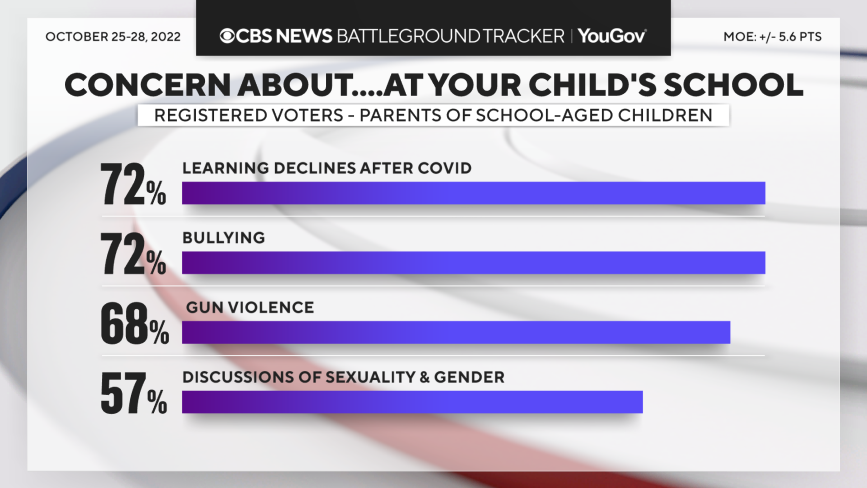
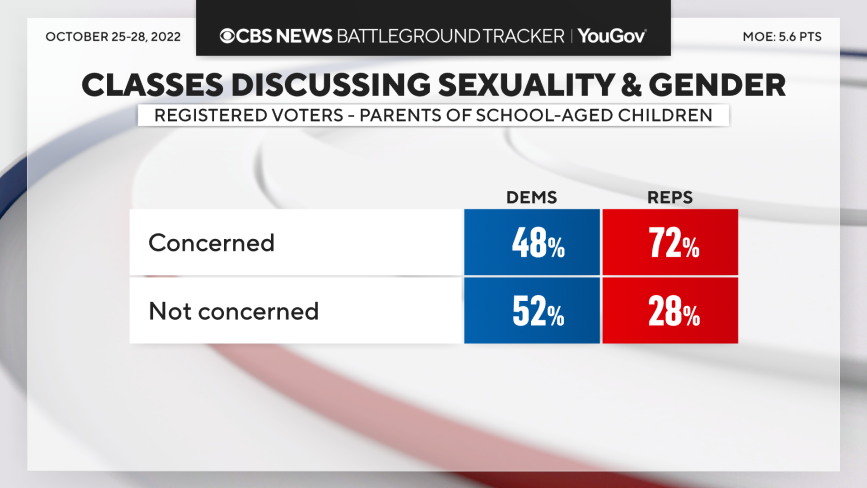

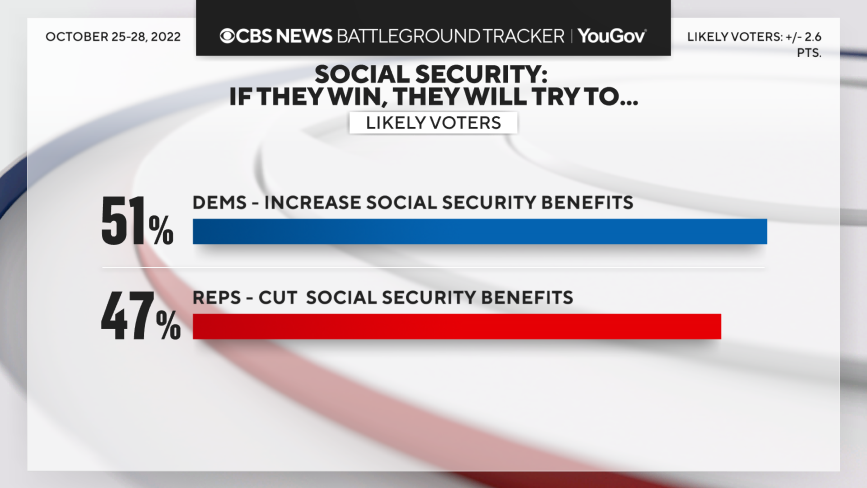
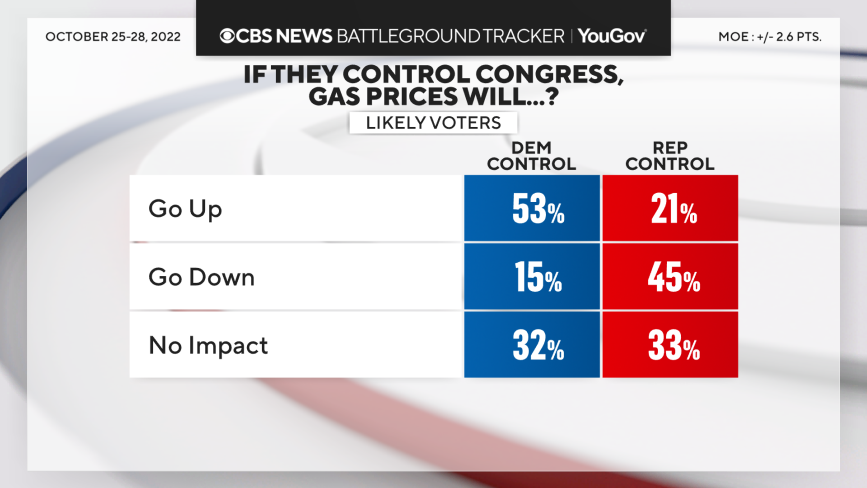
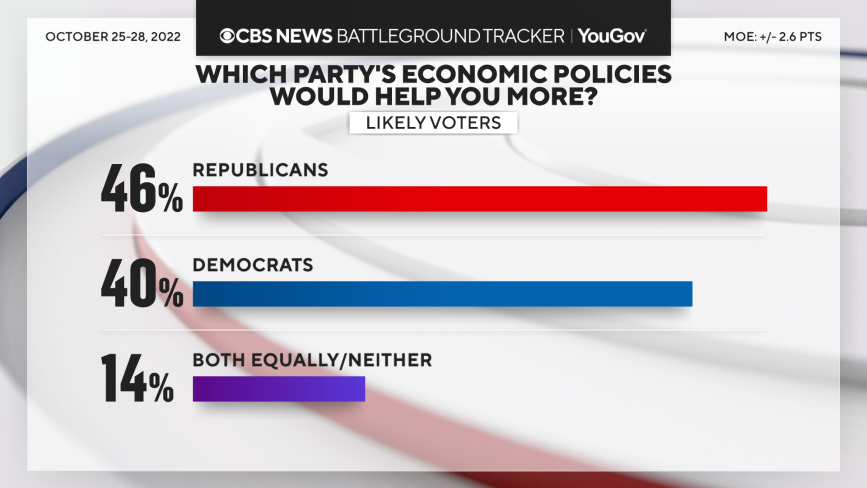
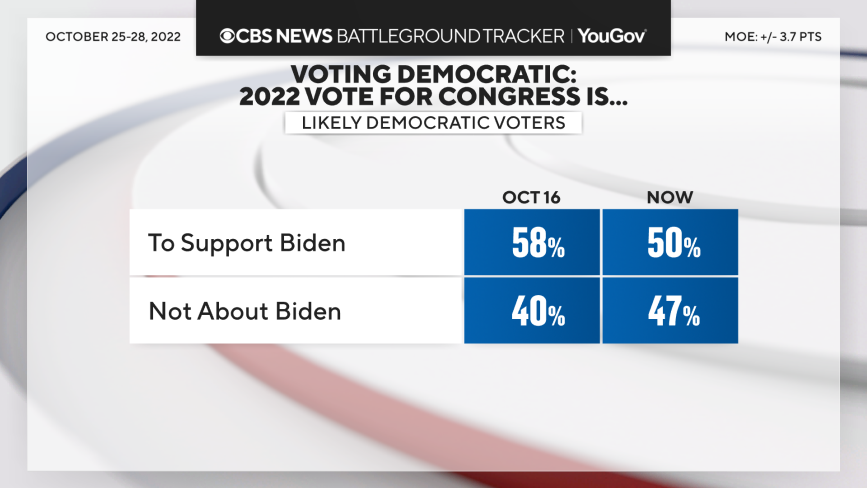



GIPHY App Key not set. Please check settings